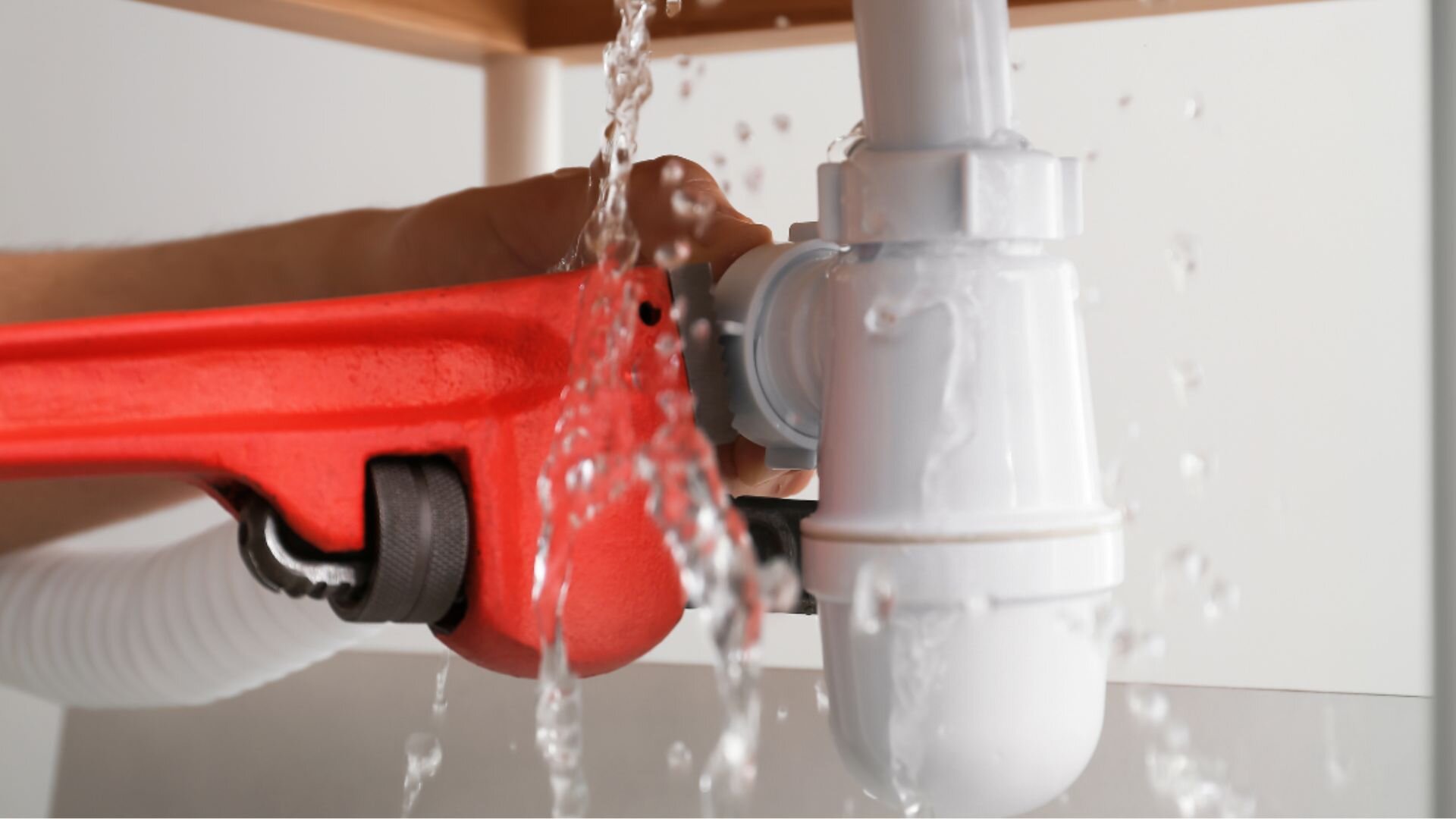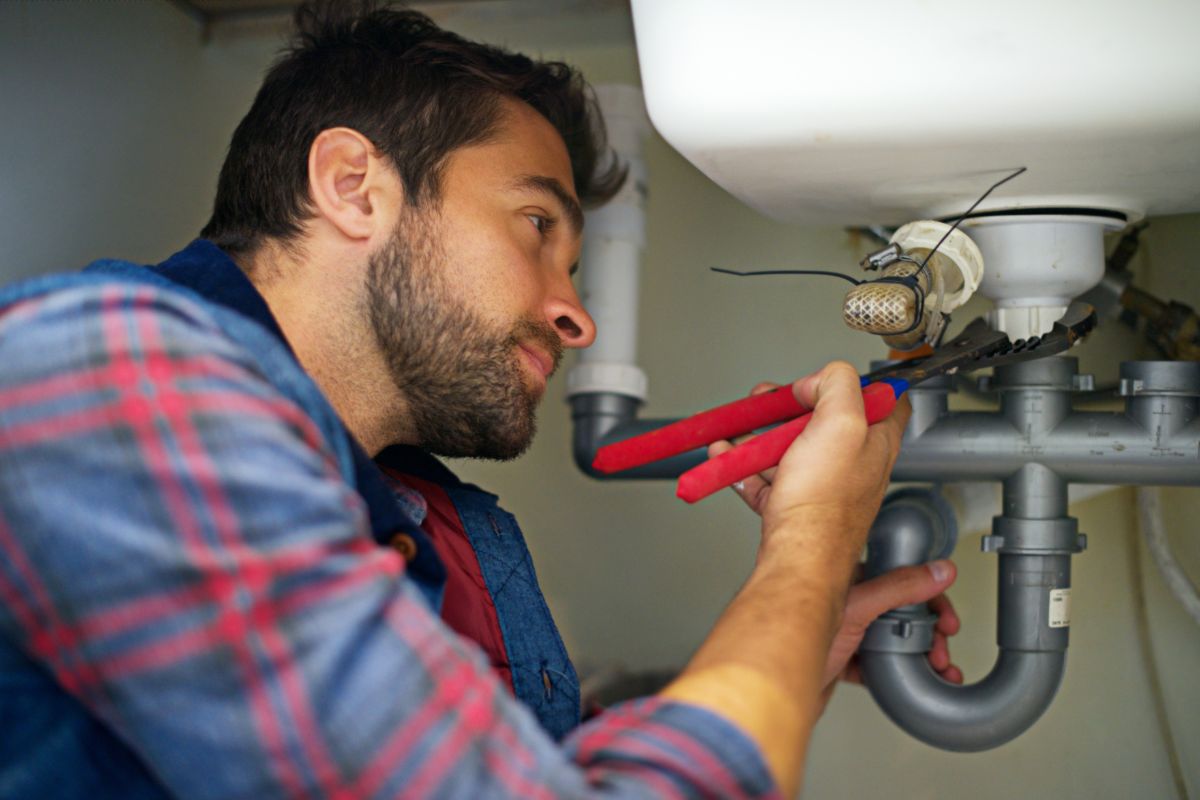Critical Fixes: Ways to Manage Issues Until Help Arrives
Call TodayJust how do you really feel on the subject of What to Do While Waiting for an Emergency Plumber?

Pipes emergencies can strike at any moment, triggering tension and potential damage to your home. Whether it's a ruptured pipeline, a clogged up drain, or a leaky faucet, knowing just how to handle the circumstance until a professional plumber gets here can save you from further complications. This article supplies vital emergency pipes ideas to assist you mitigate damages and gain back control during a plumbing situation.
Shut off the Supply Of Water
The first step in any type of plumbing emergency situation is to shut down the supply of water. For localized concerns, such as a dripping faucet or commode, shut off the valve near the component. When it comes to a major leakage or burst pipe, situate your home's primary water shut-off valve and transform it off right away. Knowing the area of these valves ahead of time can conserve valuable time throughout an emergency.
Address Small Leakages with Temporary Solutions
Little leakages can swiftly become substantial problems if left uncontrolled. Utilize these temporary repairs until expert help gets here:
While these solutions aren't permanent, they can assist lessen water loss and damage.
Unclog Drains Pipes Securely
A blocked drainpipe can be a frustrating and unpleasant issue. Right here's just how to tackle it:
If these approaches don't work, prevent making use of excessive force, as it may intensify the clog.
Take Care Of Overflowing Toilets
An overflowing toilet can trigger instant disorder. Here's what you ought to do:
Shut down Your Hot Water Heater
In certain emergencies, such as a burst pipeline, it's wise to shut off your water heater. This prevents overheating or damage to the device when water quits moving. Switch off the power supply to the hot water heater (electrical or gas) and allow it cool to stay clear of prospective dangers.
Briefly Stop a Burst Pipeline
A ruptured pipe can lead to significant water damages in minutes. To reduce the issue:
Call a professional plumber promptly to attend to the problem completely.
Deal With Frozen Pipes Thoroughly
In colder environments, icy pipes are a common emergency situation. If you presume a frozen pipeline:
Prevent Further Damages
Taking quick action to lessen damage can conserve you money and time in the long run. Below's exactly how:
. Have an Emergency Pipes Kit
Prepare a fundamental pipes emergency package to deal with small issues properly. Your kit must include:
Having these tools available can make a substantial difference in your capability to manage emergencies.
Know When to Call a Specialist.
While quick fixes can help briefly, particular plumbing problems call for immediate expert focus. Call a plumbing if:.
Quickly calling a specialist ensures the problem is solved appropriately and prevents further problems.
Final thought.
Pipes emergency situations can be overwhelming, but with the best understanding and devices, you can take care of the scenario effectively until assistance shows up. By switching off the water, resolving small leaks, and using short-term repairs, you can lessen damages and maintain your home safe. Bear in mind, these pointers are short-lived remedies; constantly consult a licensed plumber to deal with the source of the issue. Preparation and quick thinking are your best allies in any plumbing emergency.
8 Helpful Tips for Managing Plumbing Emergencies at Home
If your plumbing system hasn’t failed once, wait for it because almost everyone has a story to tell. Sometimes, it could be simple emergencies such as a leaking pipe, a blocked cistern, or even a big burst pipe. In situations like this, you need to have some handy tips to save you some money and from possible damages.
Take care of minor issues early.
Sometimes, you could have avoided an emergency by taking proactive measures while it was still early. Some major plumbing emergencies can be a result of an ignored minor issue. We recommend that you have items like plumbing tapes and other related items. A plumbing tape can allow you to manage minor leaks before the plumber arrives.
Cut off the water supply.
This tip is essential in almost any type of leakage problem. For problems like minor leakages in the toilet or kitchen, turn off the supply that takes water to the affected pipes. If the leakage is a major pipe, you must shut off the supply valve to the entire building. This will help you avoid flooding your home and neighbors if you share a flat.
Know your plumbing system
Folks typically move into a new apartment without understanding the water supply around the building. This can prove disastrous if a water emergency arises and the plumber is far away. The previous tip will prove useless if you don’t practice this one. More importantly, know where your water shut-off valve is located – you’ll need that knowledge to prevent potential home floods.
Have some common handy tools
There are lots of plumbing emergencies that you can handle without hiring a plumber. That’s why you must keep some tools available always. Some tools that you can use to fix simple plumbing emergencies easily include plumbing tapes, screwdrivers, thread seal tapes, plungers, pliers, tape measures, and rubber gloves.
Insulate your pipes from cold
You’ll save yourself from many plumbing expenses if you protect your water pipes from the cold. This is because of the harmful effects that cold weather can have on your pipes. During winter, your pipes can burst from being overly expected to freezing temperatures. So, make sure insulators are there to keep the pipes working correctly.
Avoid practices that will clog your toilet.
Many people indulge in practices that can damage the plumbing system of the entire building. One of these is when they use their toilet to dispose-off garbage. They flush all kinds of things, such as paper towels, bandages, hairs, female sanitary products, etc., down the toilet. This will block your toilet in the long run, incurring unnecessary expenditures. Dump such waste in the trash instead.
Check your dials regularly.
Sometimes, there could be leakages in your home without noticing them in time. So, constantly monitor your water meter dial. If the dial is reading when there is nobody using water, this is an indicator that there is leaking. Check for leaks immediately. Call a plumber as soon as possible if you can’t find any.
https://www.constructionplacements.com/8-helpful-tips-for-managing-plumbing-emergencies-at-home/

I'm certainly very eager about What to Do While Waiting for an Emergency Plumber and I am praying you appreciated my page. Those who enjoyed our post if you please do not forget to pass it around. Thanks a bunch for your time. Revisit us soon.
Book Instantly